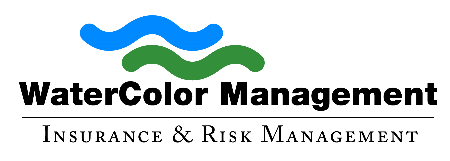
Your insurance policy is a unique contract between you and the insurance company. Your obligation to that agreement is more than just paying the premium when it’s due or completing an audit. You have other duties to perform and conditions to meet if you want the insurance company to help you out when a claim or suit for damages arrives.
What You Need to Do
One of your biggest responsibilities to your insurer is notification of the insurance company as soon as practicable. Include how, when and where the event happened. Provide the names and addresses of any injured people and witnesses present. Provide details about the nature and location of the event that is becoming a claim.
You must immediately upon receipt, forward to the insurance company any demands, notices, summons, authorize the insurance company to obtain records and other information. At this point, you have to cooperate with the insurance company and their representatives. You have to assist the carrier in any right you may have against another for any injury or damage they may have caused. You must not make any payment voluntarily, assume any obligation or incur any expense other than first aid without insurance company approval. Your duties under the policy can not be transferred unless you die or the insurance company approves. You have to make your books and records available for up to three years beyond the expiration or cancellation of your insurance policy. A failure to meet these conditions may lead to a denial of a claim.
In short? Insurance is a serious contract.
What Your Insurer Does
As you complete these tasks, the insurance company then must respond and perform their duties. This includes paying sums you become legally obligated to pay for damages caused by your negligence that causes harm or injury to another or their property. They have a right and a duty to defend you against claims or suits for damages covered under your policy. The company will also pay for medical expenses that develop after an occurrence or accident happens and there are injured people. These payments are made regardless of fault.
Your policy’s company also agrees to pay:
- Their own expenses
- $250 toward a bail bond premium
- The cost of bonds to release attachments
- Reimbursement for expenses
- $250 a day because of time off from work this may cause, and
- Prejudgment and post-judgement interest that may accrue to the damages awarded.
Remember, your insurance policy is a conditional contract. If you do not perform, the insurance company is not required to do so either. This is why we recommend that you regularly contact your insurer so you have a complete understanding of your coverage and what is in turn expected of you.
About Watercolor Management
WaterColor Management has insured the water industry for over 30 years. Our policies include unlimited defense cost coverage in the event of a lawsuit against you. Call us at (256) 260-0412 or email info@watercolormanagement.com for a quick quote for your Water Business Professional, Products/Completed operations, Pollution and General Liability Insurance.




